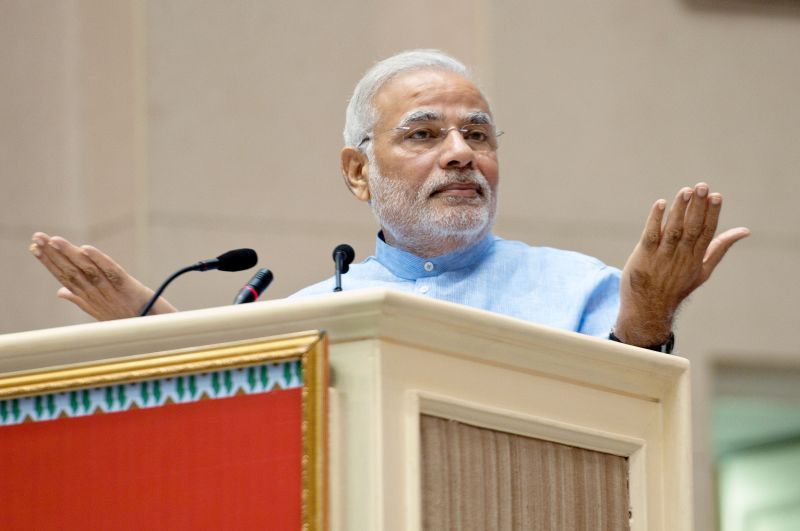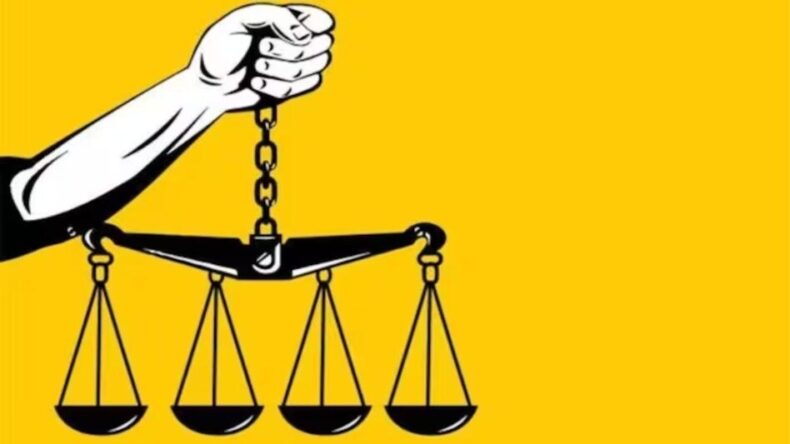Backdrop
Article 44 of the Constitution of India directs us to the Uniform Civil Code (UCC) principle. Fostering this idea is believed to enable a just and equal framework of rights applicable to the whole of the Indian territory. These principles are not enforceable in a court of law but they are the guiding Directive Principles of State Policy. While a class of citizens see it as a pillar of national integration, some perceive it as a threat to religious freedom and diversity. The current Indian atmosphere suggests the prevalence of personal laws followed by different religious groups based on their religious beliefs.
Not only the Muslims but also the Hindus, Jains, Buddhists, Sikhs, Parsis and Jews are governed by their own personal laws. These regulations and practices differ greatly between locations, sects, and groupings hence making it challenging to locate common ground and uniformity among such variances. Furthermore, many personal laws are neither codified nor published but are based on confusing or contradicting oral or written sources.
The Current Talks Quest of Uniform Civil Code
Time is proof of how many times the ruling party has suggested the idea of implementing a Civil Code uniform for all and applicable to the whole of India in light of Article 44 of the Indian Constitution.
After Prime Minster Narendra Modi’s recent UCC push while addressing the Bharatiya Janata Party (BJP) workers in Bhopal; India’s top Muslim body, the All India Muslim Personal Law Board (AIMPLB), reportedly held an emergency meeting. They slammed his remark in the poll-bound region as “an attack” on the pluralism and diversity vested in Indian soil. Not only the AIMPLB but several other opposition parties such as Congress, Dravida Munnetra Kazhagam (DMK) etc accused him of resorting to “divisive politics”. Such lashes were followed by the mockery of Modi’s silence over the violence-hit Manipur as they again questioned his stance on price rise, unemployment and “bigger issues” rather than pitching in for the implementation of the UCC.

To reply to such claims, the PM questioned back as to how our country can function with dual laws that govern personal matters, accusing the Opposition of using the UCC issue to “mislead and provoke” the Muslim Community. “The Supreme Court has advocated for a Uniform Civil Code but those practising vote bank politics are opposing it”, as further expressed by Modi.
“You tell me, in a home, how can there be one law for one member and another law for another member? Will that home be able to function? Then how will the country be able to function with such a dual system? We have to remember that even in the constitution, there is a mention of equal rights for all”
– Prime Minister, Shri Narendra Modi
He targeted anti-BJP parties over their mega unity conclave in Patna on June 23, 2024, referring to them as a “photo-op”. Modi asserted his party BJP has decided it would not adopt the path of appeasement and vote bank politics.
Conclusion
The proposed UCC shall reflect India’s multiplicity while also preserving its variety. To accommodate cultural variations, the Indian Constitution allows for both integrationist and restricted multicultural methods. UCC necessitates a vast exercise in writing, codifying, harmonising, and rationalising India’s diverse personal laws and practises which demands extensive consultation and engagement from a wide range of stakeholders, including religious leaders, legal experts, women’s organisations, and so on. It would also necessitate a robust enforcement and awareness strategy to assure people’s compliance and adoption of UCC.
By reducing the complexities and contradictions of different personal laws, UCC shall be able to simplify and rationalise the legal system. It would unify civil and criminal rules by addressing ambiguities and gaps caused by disparities in personal laws. It would make the legislation more comprehensible and accessible to the general public. Hence, any steps taken in the path of UCC will have be to calculated and well articulated.













